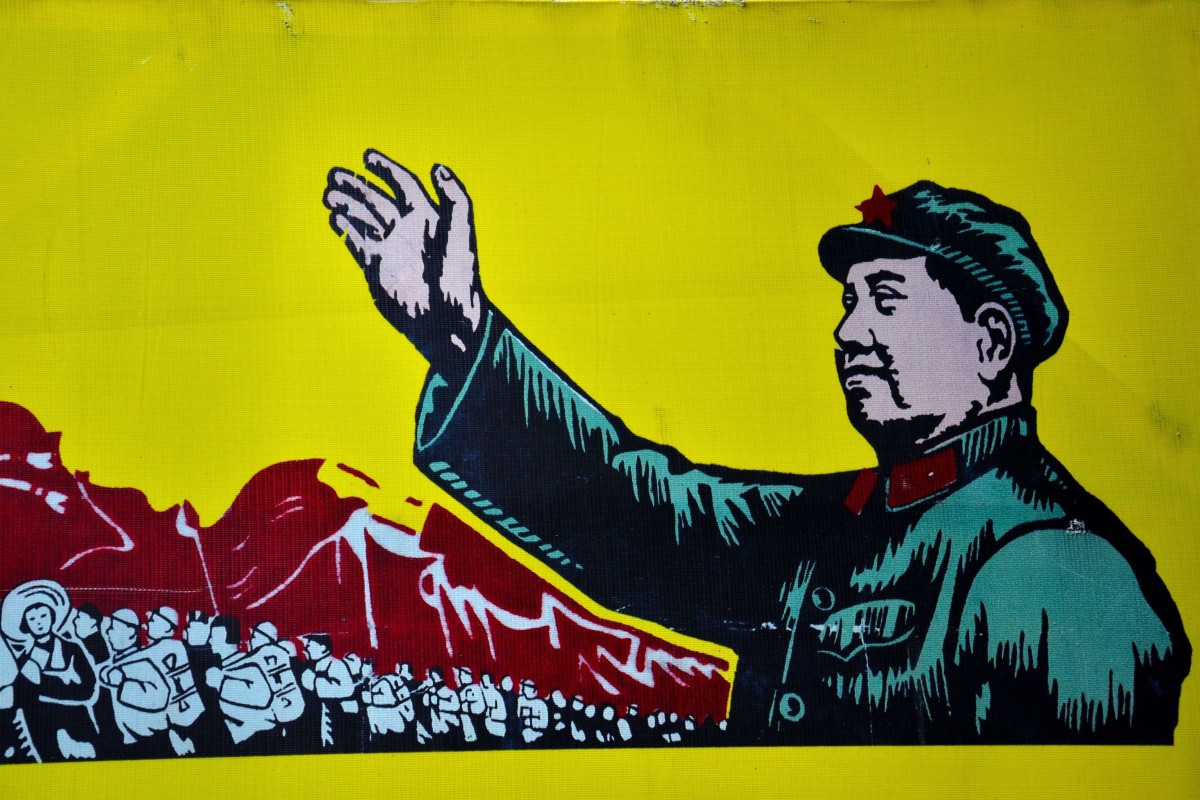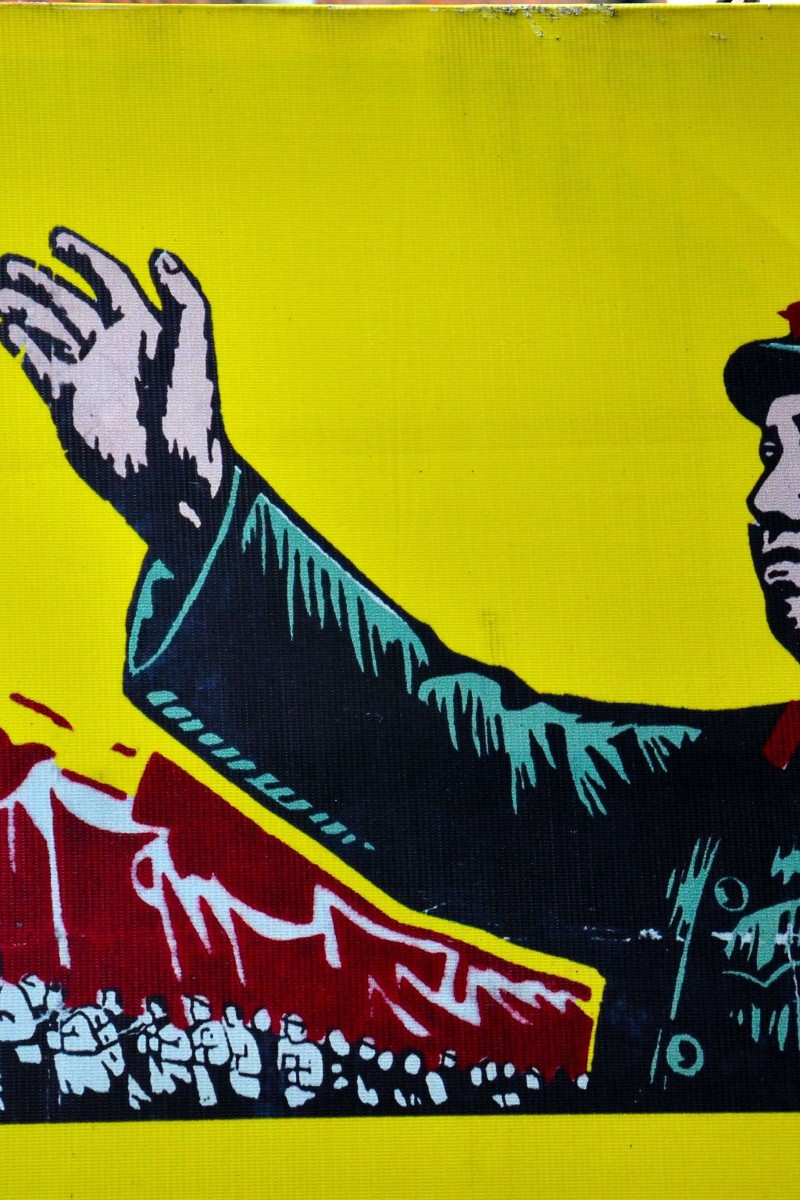
This year’s DSE history exam is tougher than last year’s, with more tricky questions that test students’ ability to read accurately.
Paper One, which is worth 50 per cent of the total marks, contains data based questions, all of which need to be answered. Paper Two is worth 30 per cent, and students have to pick two questions out of seven to write an essay-length answer to.
A student surnamed Cheung said Q2 in Paper One was particularly challenging – and bizarre – because it connected China’s founding father Mao Zedong with democracy. “This is a bit tricky as Mao had nothing to do with freedom and democracy,” she said. “Q2 (c), which carried seven marks, was one of the most difficult questions. It asked if I agreed with the statement that the guiding principles had a drastic change after the Chinese Communist Party (CCP) came to power in 1949. It’s hard to compare the principles between the two periods as there were multiple events to cover, and proving whether the principles had changed was not easy.”
KW Ho from King’s Glory Educational Centre said students needed to interpret what it meant by the “guiding principles”. “Many students had difficulty understanding what the ‘guiding principle’ meant. It’s a precept that guides a government to change or achieve by adopting different policies,” he said. “Their answers could mention that the CCP focused more on democratic and scientific development before 1949, and placed more emphasis on social revolution after 1949. Students then had to use historical events to state whether or not there were drastic changes of the guiding principles.”
Ho said students needed an in-depth understanding of key words in the questions of both Paper One and Two. “The ability to read accurately could distinguish outstanding students from the others,” he said. “For example, Q2 (a) asked about the author’s attitudes. Students had to be aware of the key word ‘attitude’ – and simply writing ‘positive’ or ‘negative’ was not enough.”
Q4 in Paper One was another challenging question, Ho said. It consisted of two sources – a cartoon and a speech – which highlighted the rejection of Britain’s applications for entry to the European Economic Community (EEC). Q4 (b) asked students what the “trifling condition” in the cartoon meant. “Students needed to understand that this term ‘trifling condition’ was ironic,” said Ho. “It satirised that Britain had to give up its autonomy and adopt French culture if they wanted to be included in the EEC,” he said.
HY Fung, a tutor from Modern Education, said Q1 was a liberal studies type question. “It talked about the future of Hong Kong and its political development,” he said. “It’s closely related to Hong Kong Today. However, one of the sources in this question was a song by Canto-pop godfather Sam Hui Koon-kit. I wonder if many students had ever heard of him or listened to his songs.”
He said students read all questions in Paper Two many times before choosing the questions. “Students should make sure they understand what the question is asking. Q3 was particularly challenging. It asked if Japanese diplomacy with other Asian countries between 1952 and 2000 was aimed primarily at compensating its war guilt,” said Fung. “To tackle this question, they needed to first state their stance. If they agreed with the statement, they had to list two points explaining why. But their answers should include two other points, such as Japanese economic development and situations in the Cold War.”
